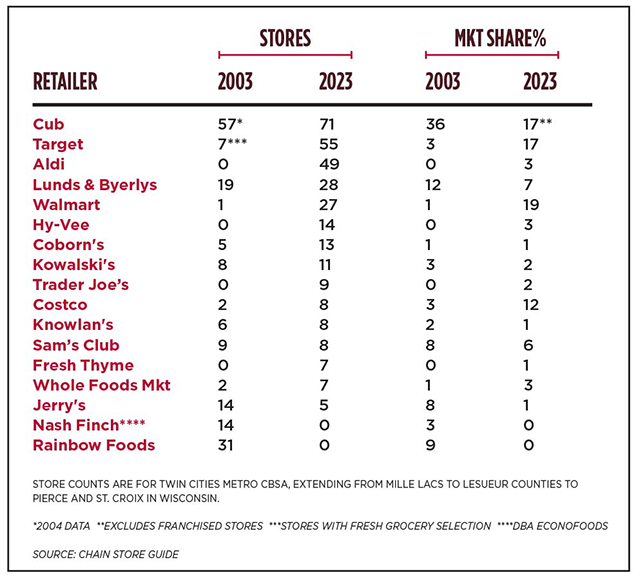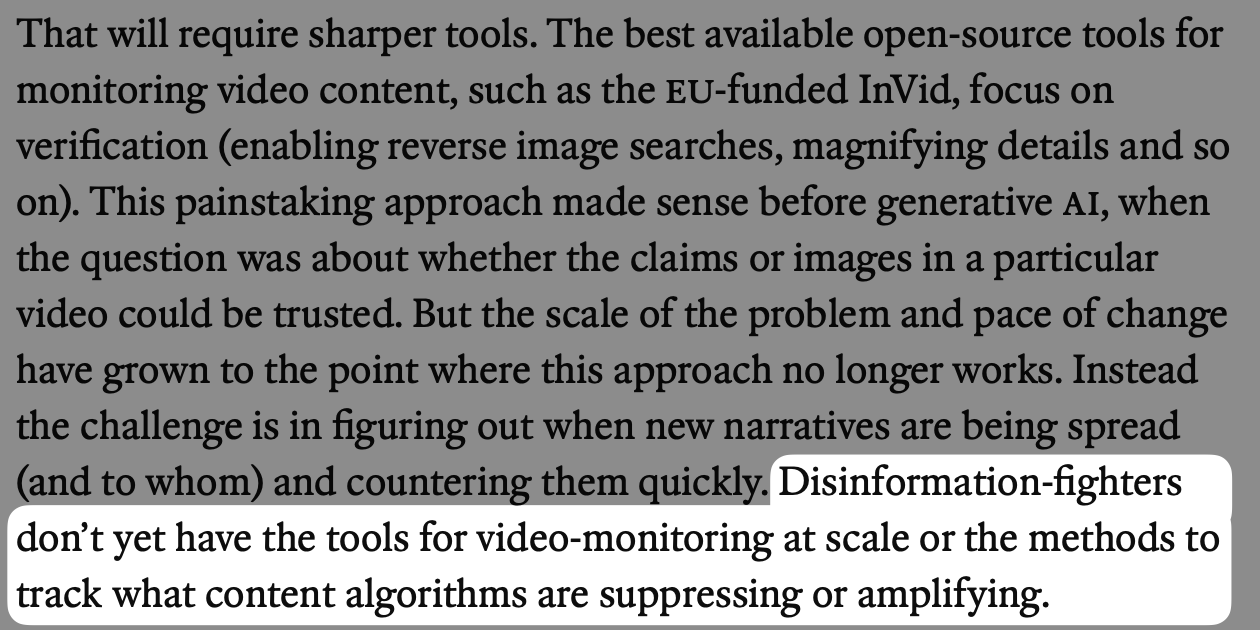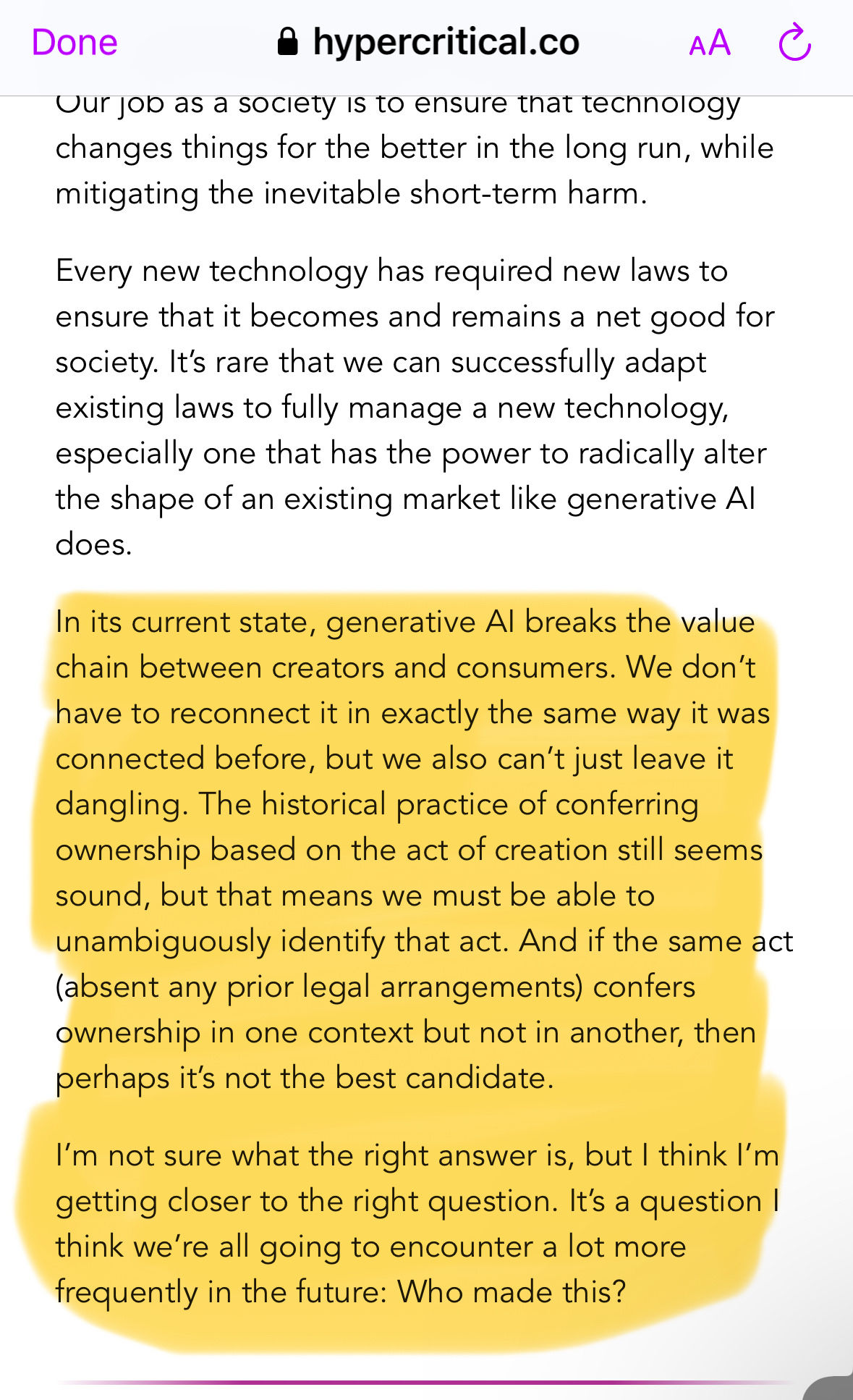Ben Brooks has a well-appointed linked commentary up for a post by HouseFresh, detailing the bankrupt state of “genuine” product review sites. Ben (and I, for that matter), have been writing product reviews for objects of interest for over a decade, and I definitely can say that there are fewer reliable sources to cross-check and research these days.
I recommend the linked-to HouseFresh post, and then Ben’s remarks. All progressive thoughts on this space.
A few take-aways
- Trust erosion. Can anyone take Wirecutter seriously anymore, post-NYT acquisition? Does anyone trust other sites with heavy brand collaboration, like Carryology, where inherent bias must exist? Or any heavily ad-monetized aggregation site? Like the noted air purifier in HouseFresh’s post that imploded, how is it we can trust products that are recommended or have high customer reviews when the company is peddling a poor product and can’t even sustain itself?
- Broken visibility. There are concerns that actual review sites are surprisingly poorly ranked in search engines (though it’s unsure how large-language models will handle these — I’d hope they respect the good ones).
- Affiliate acquisition. Ben also notes that many “conglomerate type companies have bought out once reputable brands to sell utter shit content”, which is absolutely true. This is affiliate/aggregator site M&A planning 101.
- Review integrity. Review enshittification is certainly happening, and Ben summarizes likely what’s happening in many review industries: “a lot of people will review something after a day, without harming the item, so they can go ahead and return it from where it came and get their money back… they need the money back, it’s expensive, and they need a lot of content to publish on a frequent basis.”



